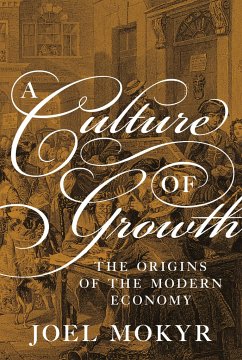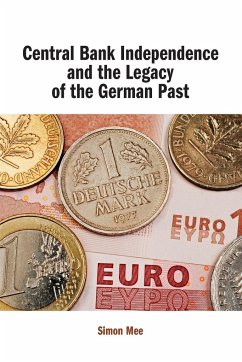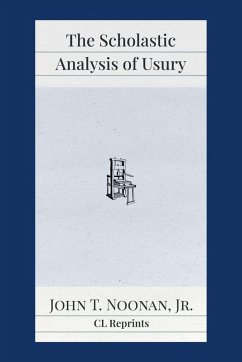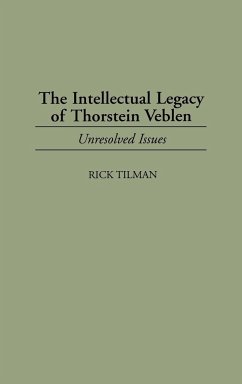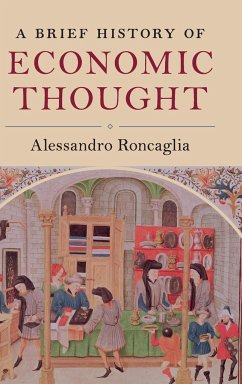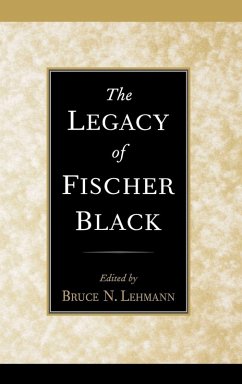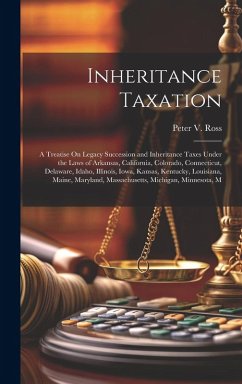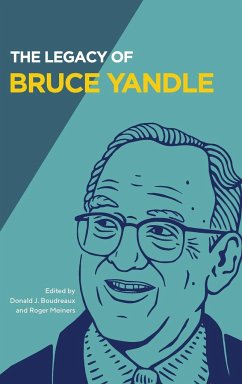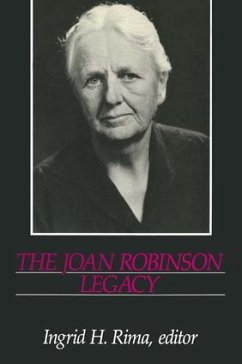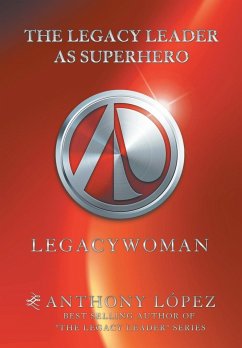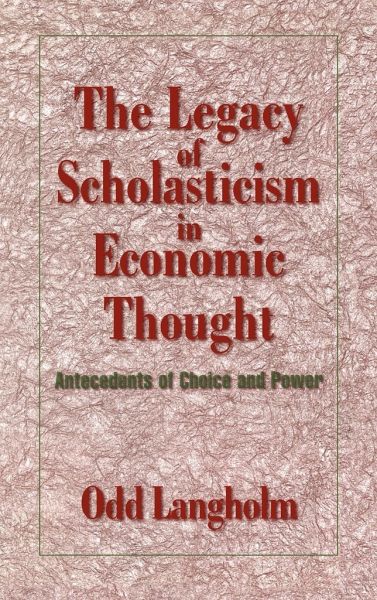
The Legacy of Scholasticism in Economic Thought
Antecedents of Choice and Power
Herausgeber: Goodwin, Craufurd

PAYBACK Punkte
70 °P sammeln!
This book studies the development of ideas on freedom, coercion, and power in the history of economic thought. It focuses on the exchange of goods and services and on terms of exchange (interest rates, prices, and wages) and examines the nature of choice, that is, the state of the will of economic actors making exchange decisions. In a social context, anyone's range of choice is restricted by the choices made by others. The first to raise the question of the will in this economic context were the medieval scholastics, drawing on noneconomic analytic models inherited from antiquity and mainly f...
This book studies the development of ideas on freedom, coercion, and power in the history of economic thought. It focuses on the exchange of goods and services and on terms of exchange (interest rates, prices, and wages) and examines the nature of choice, that is, the state of the will of economic actors making exchange decisions. In a social context, anyone's range of choice is restricted by the choices made by others. The first to raise the question of the will in this economic context were the medieval scholastics, drawing on noneconomic analytic models inherited from antiquity and mainly from Aristotle. From these origins, views on economic choice, coercion and power are recorded, as they gradually change over the centuries, until they manifest themselves in contemporary disputes between different branches of institutional economics.
Table of contents:
Introduction; Part I. Compulsion and the Will: Three Ancient Traditions: 1.The Aristotelian tradition; 2. The Roman Law tradition; 3. The Augustinian tradition; Part II. Need as Compulsion: The Scholastic Paradigm: 4. Loans and usury; 5. Price and market manipulation; 6. Need and the will in Buying and Selling; 7. Labor and wages; Part III. Rejection and Revival in Post-Scholastic Thought: 8. Hobbes: the antithesis; 9. The Economics of Natural Law; 10. The neoclassical System and Its Critics.
This book studies the development of ideas on freedom, coercion and power in the history of economic thought. It focuses on the exchange of goods and services and on terms of exchange (interest rates, prices and wages) and examines the nature of choice, that is, the state of the will of economic actors making exchange decisions.
This book studies the development of ideas on freedom, coercion and power in the history of economic thought.
Table of contents:
Introduction; Part I. Compulsion and the Will: Three Ancient Traditions: 1.The Aristotelian tradition; 2. The Roman Law tradition; 3. The Augustinian tradition; Part II. Need as Compulsion: The Scholastic Paradigm: 4. Loans and usury; 5. Price and market manipulation; 6. Need and the will in Buying and Selling; 7. Labor and wages; Part III. Rejection and Revival in Post-Scholastic Thought: 8. Hobbes: the antithesis; 9. The Economics of Natural Law; 10. The neoclassical System and Its Critics.
This book studies the development of ideas on freedom, coercion and power in the history of economic thought. It focuses on the exchange of goods and services and on terms of exchange (interest rates, prices and wages) and examines the nature of choice, that is, the state of the will of economic actors making exchange decisions.
This book studies the development of ideas on freedom, coercion and power in the history of economic thought.





